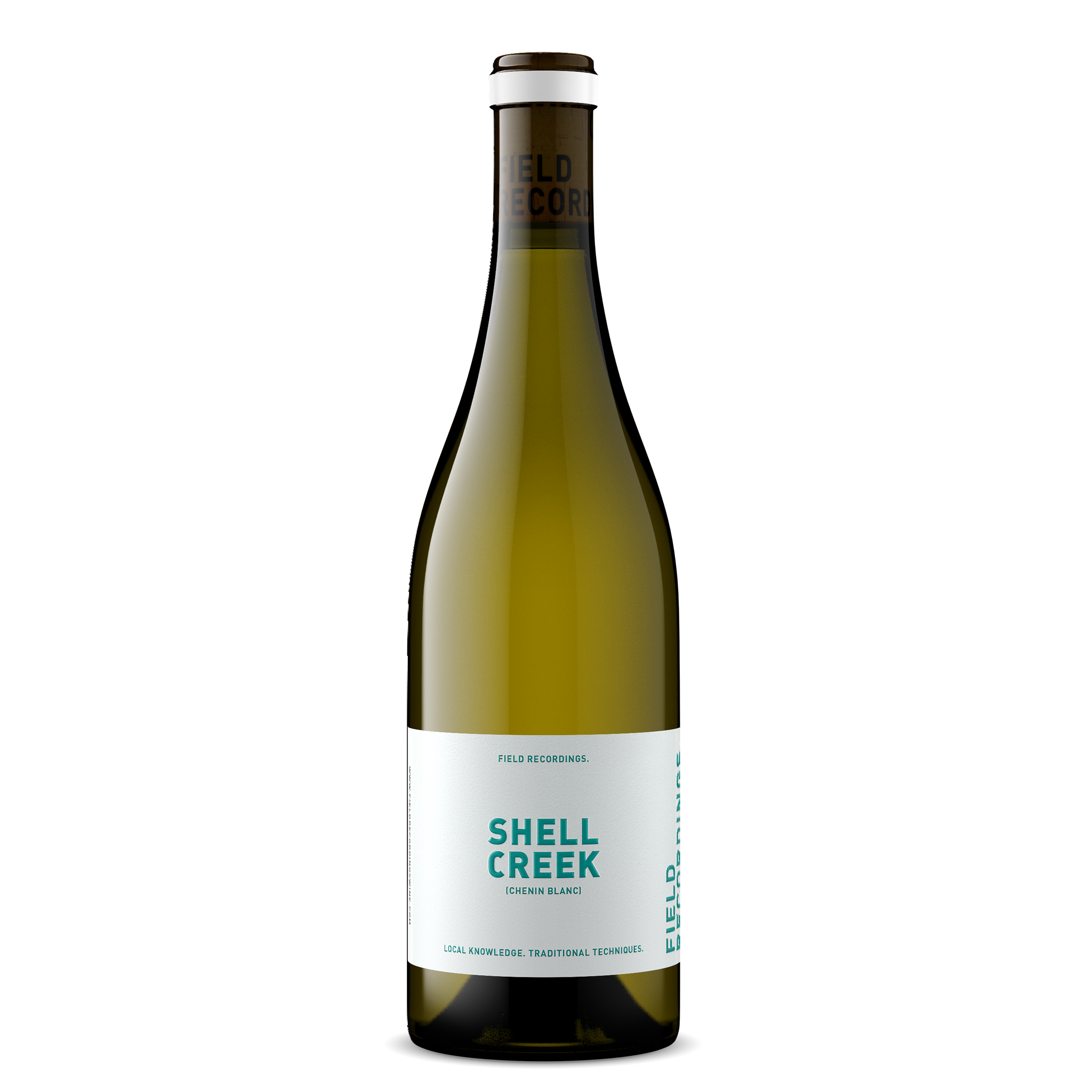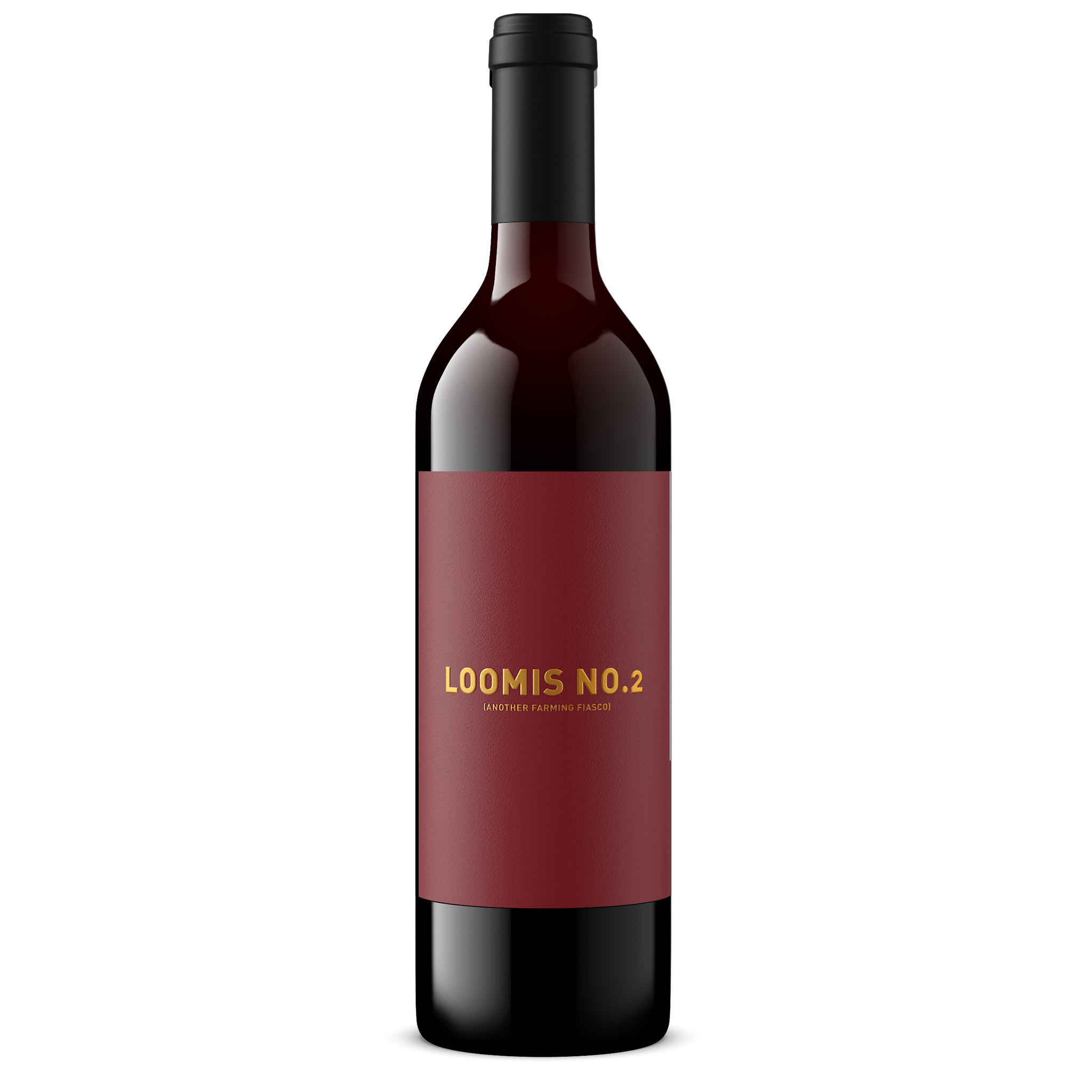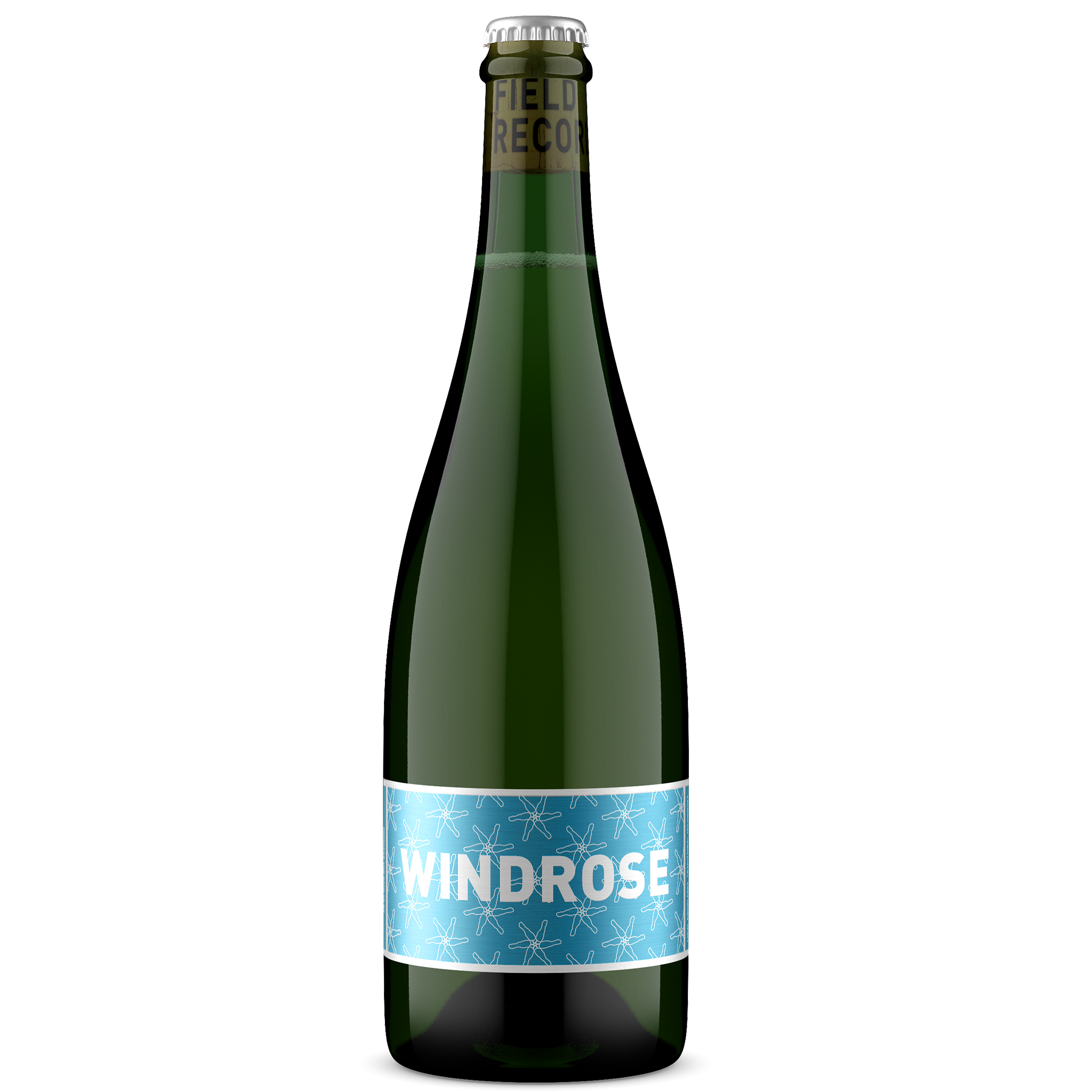Organic, natural, minimal intervention wine: What does it all mean?
BLOG
It’s Harvest Wine Month here in Paso Robles! As tons of grapes (literally) get processed through our cellar, we thought it’d be the perfect time to talk all about our winemaking practices.
Field Recordings’ winemaking philosophy
Andrew Jones stands at a unique intersection in the winemaking business. Out of college, he landed a job as a vine nursery fieldman, where he helped plan and plant vineyards for farmers all over California (and 23 years later, he’s still at it). Meanwhile, Andrew brewed his first batch of wine in his attic and slowly built up Field Recordings based on trusted relationships with vineyard managers and producers.
Thanks to his day job, he’s pretty much stood in every vineyard in the state. With that uncommon perspective on the California wine scene, Andrew’s been able to source small lots of grapes from special vineyards, starting with Jurassic Park and Koligian.
Since our first official vintage in 2008, we’ve expanded quite a bit. We’ve worked with dozens of vineyards across the Central Coast, and we have one modest estate of our own. But we’ve stayed true to our winemaking philosophy: We trust our vineyard owners, we believe good wine is made in the vineyard, and we do our best to let the grapes shine on their own.
From the very beginning (long before “natural” and “organic” wines entered the popular lexicon), Andrew prioritized minimal intervention winemaking practices. But what does that all mean? Let’s break it down.
Jack, our trusty enologist and Gas Money Tour guide.
What does organic wine mean?
You might see some wines with the distinction “made from organic grapes.” That means those grapes were grown under certified organic regulations, without synthetic fertilizers and pesticides. But that doesn’t impact how those grapes are processed, so wineries could add egg whites, animal enzymes, or yeast.
“Organic” wines are made from organic grapes and don’t have any added sulfites. That label has to be applied by a third party, like the USDA.
Are Field Recordings wines organic?
Our production space was certified organic through the OTCO program in 2021, which allows us to bottle wine as a certified organic product. We have one modest estate vineyard, Loomis No. 2, which is currently practicing organic and going through its three-year waiting period for certification. About 45% of the vineyards we work with are practicing organic, and 40% are certified organic. The balance use sustainable practices. Our goal is to have a 100% certified grape supply by 2028.
While many of our wines use organic grapes, our bottles are only labeled “organic” when 100% of the grapes used come from certified organic vineyards. Even though our facility is certified, every drop of wine must come from a certified vineyard to put it on the label.
Does Field Recordings make natural wines?
Unlike organic, “natural” isn’t a regulated term. By common definition, natural wines are typically made with unadulterated grapes, without any additives or sulfites. Unfortunately, this category has become a bit contentious around what the official protocol should be moving forward. We ferment our wines using native yeast, without any fining agents. We do use a minimal bit of sulfur, and we typically run our wines through a modern filter before bottling. We aren't the type to label ourselves by any trends or in any clubs, so we let our consumers decide whether they feel our products are natural enough for their consumption. Since 2024, all wines have been labeled with an ingredient statement to show full transparency of what goes into each bottle.
Tim really loves sustainable winemaking.
What are minimal intervention wines?
Andrew believes excellent wine is made in the vineyard. He and Tim work closely with our vineyard managers to monitor conditions and choose ideal days for picking. (And, in many cases, Andrew is the one who helped plan and plant those vineyards!)
Here’s a breakdown on our minimal intervention winemaking practices:
Native yeast: We allow wild fermentation using only native yeasts that come from the grapes and the vineyard. No commercial yeast here.
No additives: We don’t add any sugar, acids, or artificial flavors, like Mega Purple.
Minimal sulfites: Our wines are extremely low in sulfites. We add just enough SO2 to increase the shelf stability of the bottles.
Vegan: We don’t use any animal-derived fining agents, such as gelatin, casein, egg whites, or isinglass.
FAQs
-
There are multiple layers to organic wine labels:
Made from organic grapes: Grapes grown under certified organic regulations, without synthetic fertilizers and pesticides.
Organic: A label applied by a third party, like the USDA. These wines are made from organic grapes and processed without added sulfites.
Organic production space: Wineries that follow specific winemaking practices can earn organic certification. Field Recordings’ space is certified through OTCO.
-
While “natural” isn’t a regulated term, by common definition, natural wines are typically made with unadulterated grapes, without any additives or sulfites. However, some wines made with minimal intervention practices are included in the natural wine space.
-
Our production space is certified organic; about 45% of the vineyards we work with are practicing organic and another 40% are certified organic. However, while many of our wines use organic grapes, our bottles are only labeled “organic” when 100% of the grapes used come from certified organic vineyards.
-
Field Recordings wines use native yeast, no additives, and minimal sulfites. Our wines are vegan; we don’t use any animal-derived fining agents.
-
Yes! Field Recordings wines are vegan. We don’t use any animal-derived finding agents, such as gelatin, egg whites, or casein.






